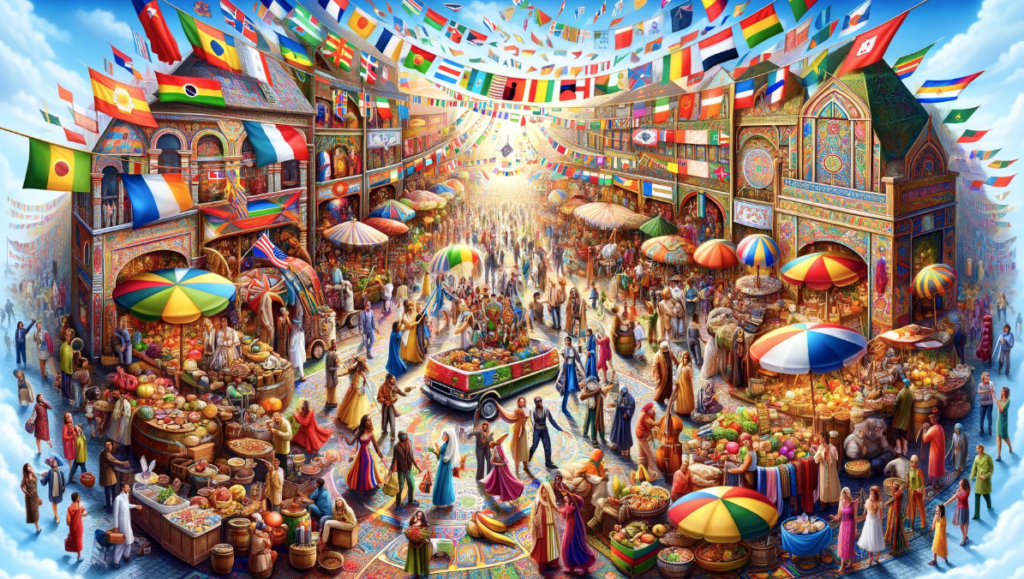Lesson 47. Personal Growth (個人の成長)

▮ Explanatory Text:
Personal growth involves developing oneself emotionally, intellectually, and spiritually. It encompasses learning new skills, overcoming challenges, and making positive changes in one’s life. Engaging in personal growth can lead to increased self-awareness, improved relationships, and a more fulfilling life. Sharing our experiences of personal growth can inspire others and provide insights into the diverse paths of self-improvement.
▮ Common Phrases:
1. I have grown by…
2. A challenge I’ve overcome is…
3. To improve myself, I…
4. A goal I’m working towards is…
5. One thing I’ve learned about myself is…
▮ Example Sentences:
1. I have grown by learning to communicate more effectively.
2. A challenge I’ve overcome is my fear of public speaking.
3. To improve myself, I’ve started a daily meditation practice.
4. A goal I’m working towards is learning a new language.
5. One thing I’ve learned about myself is that I am more resilient than I thought.
▮ Discussion Instructions:
Discuss your journey of personal growth. Share experiences where you have learned something new about yourself, achieved a personal goal, or overcome a challenge. Talk about the strategies you use for self-improvement and any future goals you have set. Use the phrases introduced in this lesson to articulate your experiences and insights into personal development.
※ This lesson plan is designed to encourage students to reflect on and share their personal growth experiences, promoting a classroom environment that values self-improvement and resilience. It aims to build vocabulary related to personal development and encourage the use of past and future tenses when discussing past achievements and future aspirations.
















